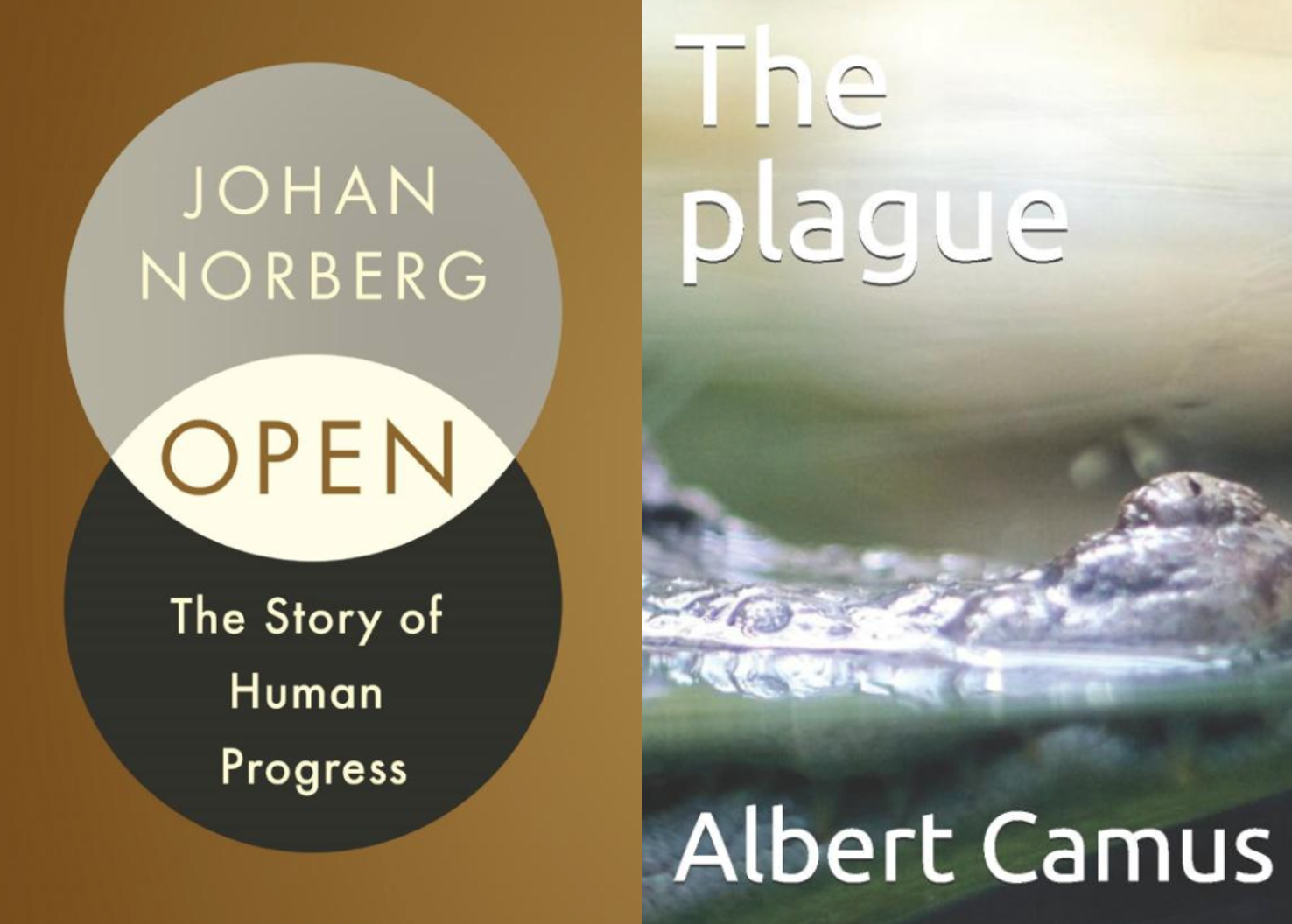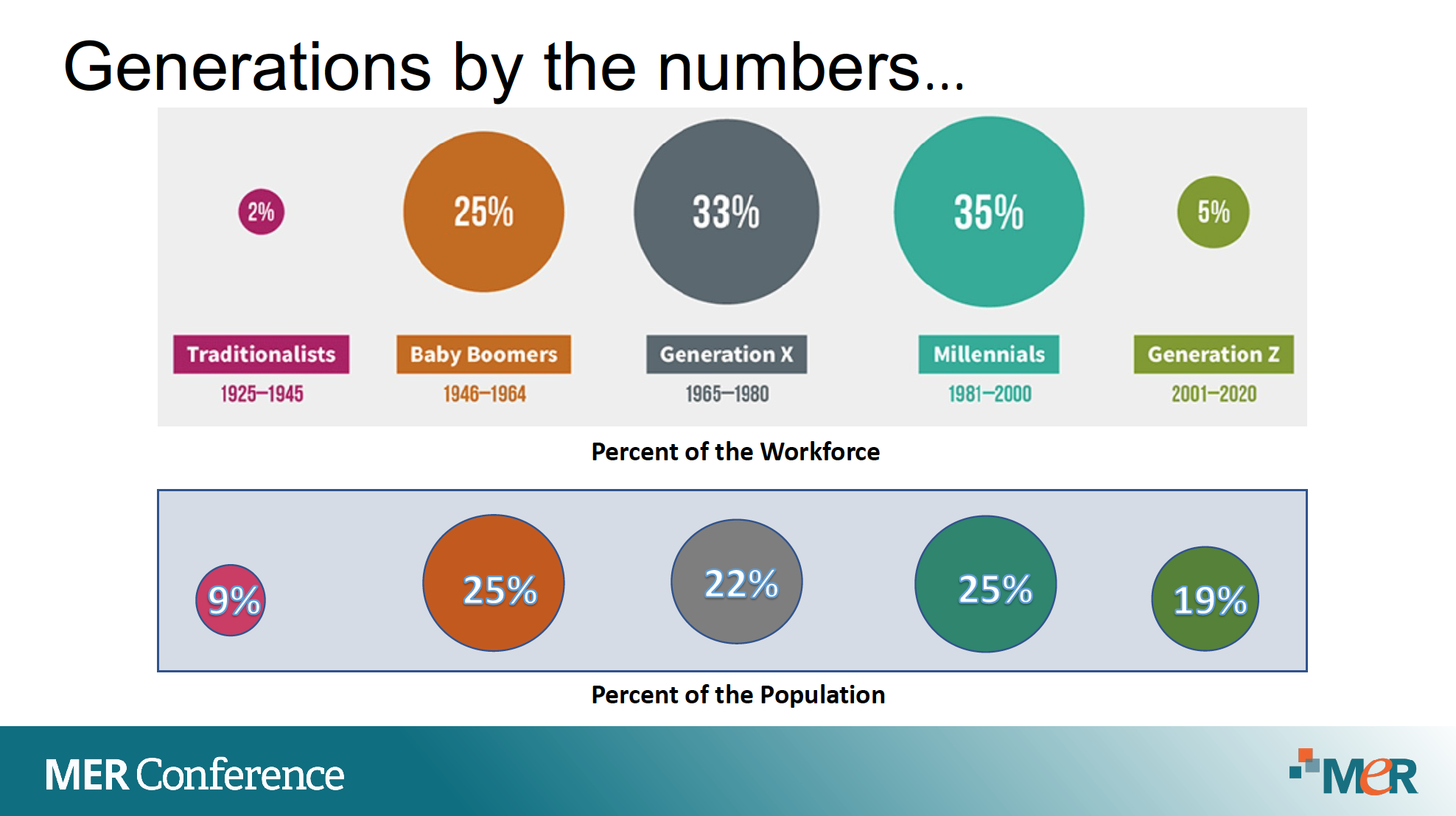The idea for this show came out of a presentation a few weeks ago by Laurie Fischer (Managing Director, HBR Consulting LLC) and Kurt Neumann (Records and Information Principal, Prime Therapeutics) at the MER Conference (Understanding Workforce Generational Differences: Now More Important Than Ever). I was so intrigued by the conversation that I asked Laurie and Kurt -- truly a pair of OxyMorons, and a Boomer/Millennial partnership to boot -- to recreate it.
With more than 25 years’ experience, Laurie provides comprehensive information governance solutions for organizations of all sizes and industries. Laurie has extensive expertise in the design, development, and implementation of information governance programs, bringing together the interests of the Office of the General Counsel, the CIO, the Chief Privacy Officer, Information Security and Records and Information Management.
Kurt is an IGP and CIP and has had the opportunity to work in leadership roles within several industries: Government, Non-Profits, Hospitality & Healthcare. He has observed how different generations respond to the proliferation of technology in the workplace, the resulting workflow processes, and the inescapable link to change management. Like a true Millennial, he would like to collaborate with you! His other passions include data economics, community advocacy, travel, and endurance training.
A fun duo and good presenters; book them for your next conference! Candidly, our conversation was so interactive that it was difficult for my transcription engine to do justice to who said what. I eventually just decided to capture some of Laurie and Kurt’s salient points, and not worry so much about that.
Favorite book over the past 12 months
Kurt: My favorite book in the last year has been Open by Johan Norberg. He's an economist from Scandinavia. And he talks about the concept of openness and closedness. He points out that you have both qualities inside of you, no matter how open minded or closed minded you think you are. I think it dives directly into how innovation happens and how we think about change.
Laurie: One that I was compelled to go back and read, because I had read it years ago at university during my existential philosophy studies, was The Plague by Albert Camus. It documents what happens in North Africa during a bubonic plague episode.
A bit of background to start… Here’s how the generations currently break down in the workplace:
Here are the core characteristics of each of these generational groups:
Traditionalists -- Dependable, straightforward, tactful, loyal
Baby Boomers -- Optimistic, competitive, workaholic, team-oriented
Gen X -- Flexible, informal, skeptical, independent
Millennials -- Competitive, civic- and open-minded, achievement-oriented
Gen Z -- Born digital, independent, entrepreneurial
A Few Takeaways:
1 — Regardless of group…We've all been to many seminars and sessions on leadership, and there are usually certain qualities that everyone identifies -- for example, empathy and intelligence and emotional intelligence. Those are important, regardless of the generation that you're in. But what one of the things we’ve found through research is that an organization really is better if it has a diverse workforce. We hear a lot of conversation about diversity, but very few about the importance of generational diversity.
2 — Boomers are very process driven and process oriented -- and they're very results oriented. Boomers appreciate process and their role within processes; Boomers place a high value on consensual leadership and flattened organizational structures. Core values -- Anti-war, anti-government, anything is possible, equal rights/opportunities, want to “make a difference,” spend now and worry later.
3 — Gen Xers are the first generation that will not do as well financially as their parents, and as a result tend to be angry and suspicious. At the same time, though, they are highly adaptable, and thus weathered the COVID crisis better than some of the other generational groups. Gen Xers were the group most likely to enjoy working from home and to feel more productive -- but also the group most likely to be caught between child-care and elder-care issues. Core values -- Balance, diversity, entrepreneurial, fun, highly-educated, informality, seek life balance, techno-literacy, suspicious of Boomer values.
4 — A Harvard Business Review study showed Millennials are the most burned-out generation post-pandemic. And it's because of the “bridge” role they were forced into. They needed to wear so many hats during the pandemic -- personal, parents, professional -- and balance them all at the same time. This is the group that came out of COVID rethinking what they are doing and why they are doing it and will likely require a bit of time just to get their head straight. Core values -- Extreme fun, FUN!, social ability, most educated generation, street smarts, spiritual, avid consumers, highly tolerant, self-confident, optimism, can-do attitude
5 — Gen Zs are the youngest group in the workplace. We tend to think because the Gen Zs are so technology-savvy that they would have been the most comfortable with COVID-driven remote work. In fact, the greatest point of contention for Gen Zs will be that their expectations for technology are going to be so much higher than what is present in our organizations. But what we’re also seeing is the Gen Zs want to return to the office. They will be the most comfortable with technology, but they're really longing for a personal and a professional connection, and that happens for them best in person. Young interns in the workplace all get lunch together, socialize whenever they can, plan trivia nights, do all sorts of things for engagement. This is the group that has suffered the absolute most during COVID. Many assumed that the youngest group would survive COVID the easiest because of how skilled they are with technology; they were wrong. Core values -- Tech is a way of life, prefers peer to peer communication, driven, realistic, loyal, compassionate.
What advice would you give to aspiring Oxymorons who are interested in helping bridge divides within their organization?
Limit change asks to some generational groups and prioritize larger change asks to those who have greater bandwidth for change.
Promote soft skills (stress management, emotional intelligence and coping skills) with employees who are a part of younger generations.
Work towards automation of information management controls and governance.
Advocate for additional resources if governance implementations have increased beyond the ability of your staff to cope.
Communicate your policies, procedures and best practices in ways that are more in line with socializing activities instead of cut and dried “how to” sites or pages.
Create multiple channels to accommodate multiple generations’ learning styles.
Understand how different generations make “connections” and leverage overlaps:
Millennials / Gen Z: Online, social networking, webinars
Boomers: In-person – make use of established team meetings / personalized team meetings
Traditionals: Formal, instructor-led training Gen X / Gen Z: Self-service tools such as recorded WebEx training
Boomers / Millennials: Corporate Communications or Town Hall Meeting
Traditionals / Boomers: Personal phone calls
Previous episodes of The OxyMorons:




